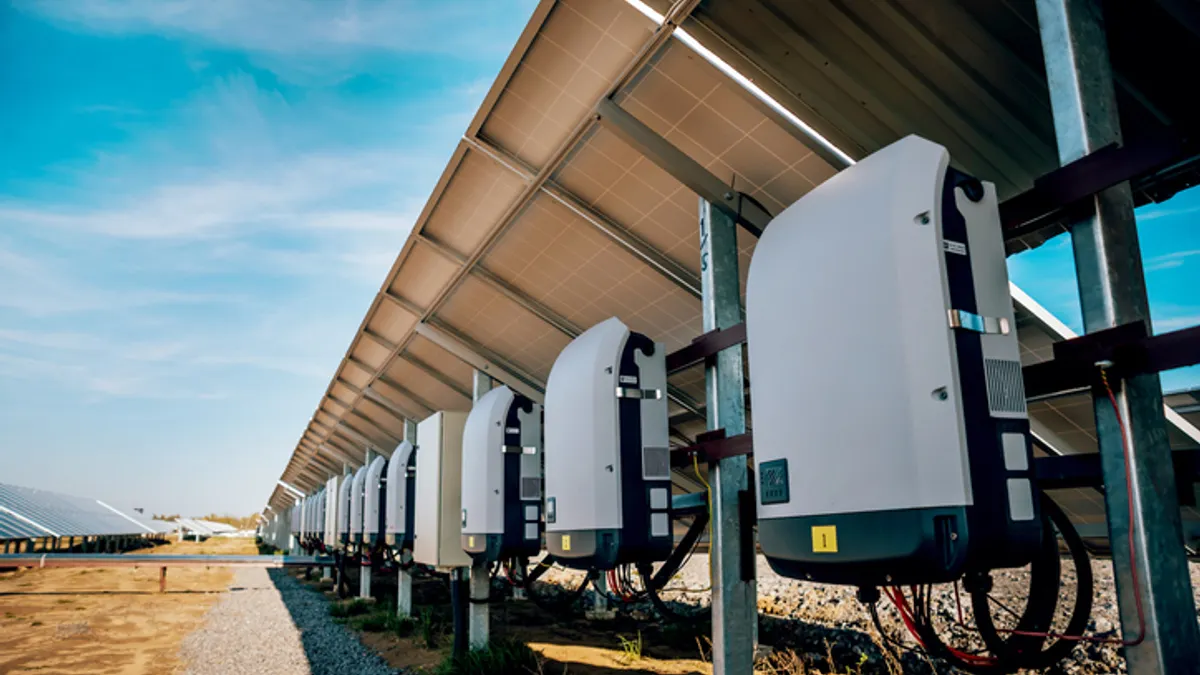Dive Brief:
- Tucson Electric Power (TEP) has dropped its request of state regulators for a lower net metering payment and will instead include the request to reduce remuneration to solar customers for the electricity their systems send to the grid in a rate case later this year.
- TEP currently pays net metered solar owners a retail rate remuneration of approximately $0.11 per kWh but filed with the Arizona Corporation Commission (ACC) to have it cut to $0.058 per kWh for new solar customers, a rate the utility calls “fair market pricing” because that is what it pays for utility-scale solar in its service territory.
- After the ACC staff recommended seeking the new net metering rate in a rate case proceeding, rather than as a standalone regulatory docket, TEP chose to comply. It will ask for new rates, to begin January 1, 2017, to cover returns on investments made since 2011, including a natural gas plant and utility-scale solar.
Dive Insight:
Late last month, it seemed as though TEP was committed to its push to reform solar metering rates outside of a rate case.
“The solar industry says these changes must be done in a rate case but Arizona’s net metering wasn’t created in a rate case,” Carmine Tilghman, TEP's energy supply director, told Utility Dive. Executives from Arizona Public Service, another IOU in the state, made similar arguments to support their request to alter solar renumeration rates.
But now it appears that at least TEP has backed away from that position after regulatory staff recommended that the solar metering changes be heard in a rate case, rather than as a standalone docket.
The ACC staff’s recommendation was likely based on the assumption that a rate case provides a forum in which the most and best information can inform commissioners’ decisions, an Arizona policy veteran told Utility Dive. APS has not announced whether it will move its regulatory request into a rate case.
Moving the TEP solar metering issue into a rate case does not solve the issue of solar's worth to the grid. Utility executives say they should pay the same price they do for utility-scale solar to owners of rooftop arrays. Under current net metering rates, rooftop solar owners are paid the retail rate of electricity for what their panels produce — a price much higher than the utility-scale rate. Solar advocates say that's because rooftop solar provides special benefits to the grid, and argue that the retail rates should remain in place.
“Leave net metering at the retail rate,” attorney Court Rich for The Alliance for Solar Choice (TASC) said. “The overwhelming majority of studies around the country back up the fact that retail rate reimbursement is fair and might even be low in some cases.”













